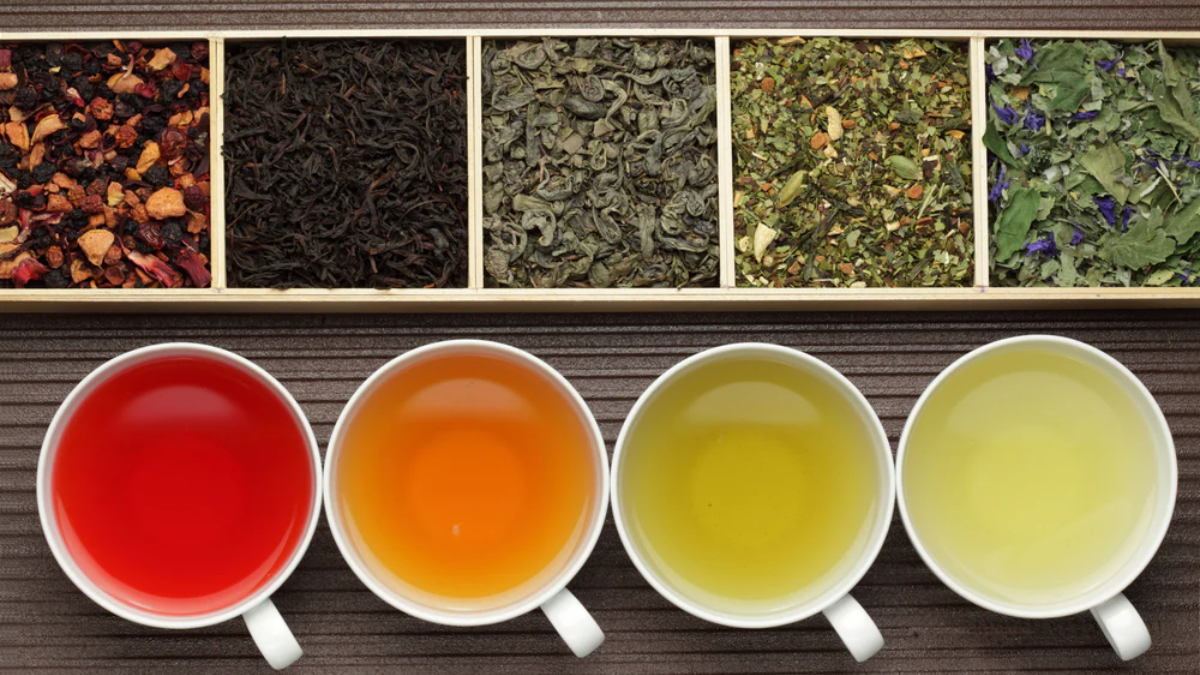
For many, tea is more than just a drink—it’s a daily ritual, a comforting habit, and a perceived path to better health. But behind the aroma and warmth lies a lesser-known truth: not all teas are equal when it comes to your liver. Dr Cyriac Abby Philips, widely known on social media as The Liver Doc, recently shed light on the brews that help—and those that harm—our liver. Here’s what you need to know before you take your next sip.
Table of Content:-
Top Teas That Give Your Liver Some Love
View this post on Instagram
Green Tea (Only in Moderation)
Green tea has earned its place as a health staple. According to Dr Philips, consuming around 2–3 cups daily can help reduce inflammation and balance liver enzymes. However, moderation is key. Excessive consumption or reliance on concentrated extracts can shift green tea from a helpful brew to a harmful one.
Also Read: TikTok’s ‘Fibremaxxing’ Trend: Is It Worth The Hype Or Just Another Fleeting Fad?
Black Tea: A Daily Defender
Packed with liver-protective flavonoids, black tea stands out for its consistent benefits. Drinking more than 750 ml per day has been associated with a 24% drop in the risk of non-alcoholic fatty liver disease (NAFLD). It’s safe, simple, and scientifically supported.
Oolong Tea: Traditional With A Twist
Oolong tea is not just a midpoint between green and black tea—it’s a liver-friendly powerhouse. Animal studies in 2024 showed that oolong tea helped reduce liver fat, controlled lipid levels, and improved liver tissue in mice fed high-fat diets. Promising, indeed.
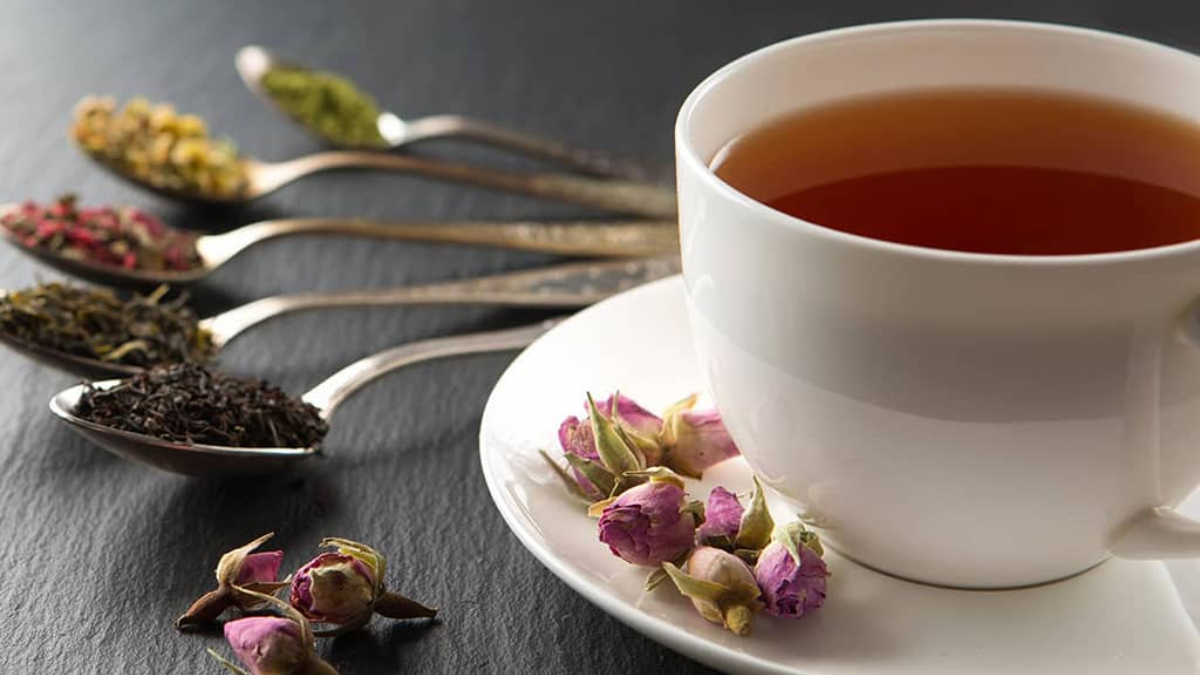
Pu-erh Tea: Fermented and Functional
This aged, fermented Chinese tea may not be as common, but its liver benefits are notable. Research shows it may reverse diet-induced fatty liver disease and improve how the liver handles fat and inflammation.
White Tea: The Gentle Giant
The least processed of all teas, white tea boasts strong antioxidant properties. Recent studies highlight its role in reducing oxidative stress, fat build-up, and inflammation in the liver. It’s subtle in taste but powerful in effect.
Also Read: Gastroenterologist Reveals Foods To Avoid For Bloating, Constipation, And Diarrhoea
Hibiscus Tea: Tart and Therapeutic
A recent clinical trial in 2025 confirmed that hibiscus extract significantly reduced triglyceride levels and ALT (a key liver enzyme) in patients with NAFLD. It’s not just refreshing—it’s restorative.
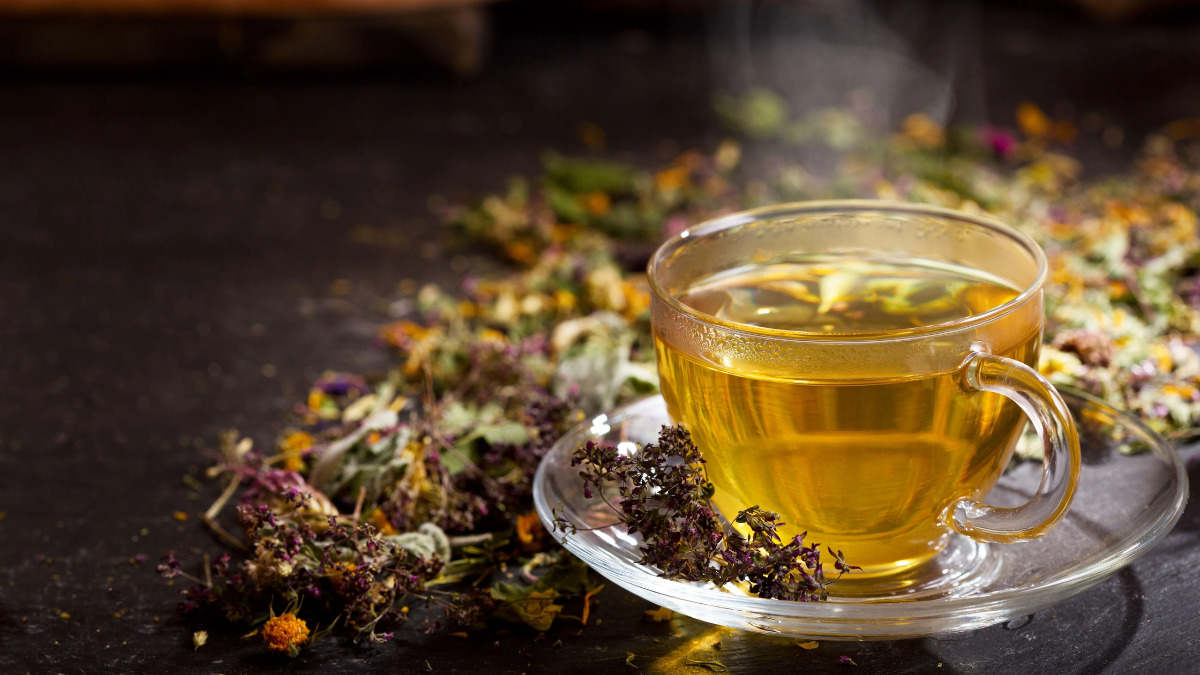
Teas That Could Be Trouble for Your Liver
Green Tea Extract: Too Much of a Good Thing
While sipping green tea is beneficial, supplements or detox products containing high levels of EGCG (epigallocatechin gallate) can be toxic. Intakes above 800 mg daily have been linked to liver injury.
Kava Root Tea: Risk Without Warning
Despite its stress-relief claims, kava tea has a dark side. Hundreds of liver damage cases—including fatal ones—have been documented. Health authorities continue to issue strong warnings against its use.
Pennyroyal Tea: A Hidden Hazard
Derived from a plant once used as folk medicine, pennyroyal tea contains a toxin called pulegone. Even small amounts have been associated with liver failure, making this one a definite no-go.
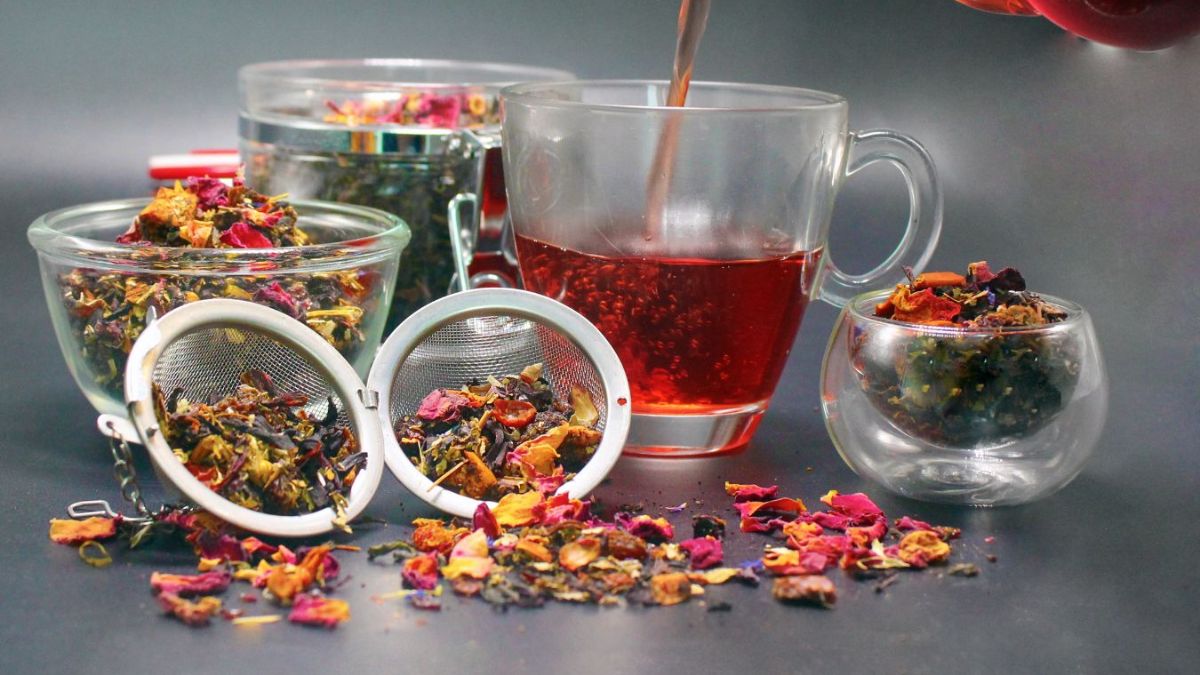
Comfrey Leaf Tea: Natural But Nasty
This herbal brew contains pyrrolizidine alkaloids that can irreversibly damage liver blood vessels. The resulting condition, hepatic veno-occlusive disease, is life-threatening.
Chaparral Tea: Desert Danger
Chaparral’s active compound has been linked to serious liver damage and failure. Despite longstanding FDA warnings, cases still emerge.
Rooibos and Buchu Blends
Though marketed as safe, some users have developed toxic hepatitis after drinking rooibos tea blends. The condition improved only after stopping consumption.
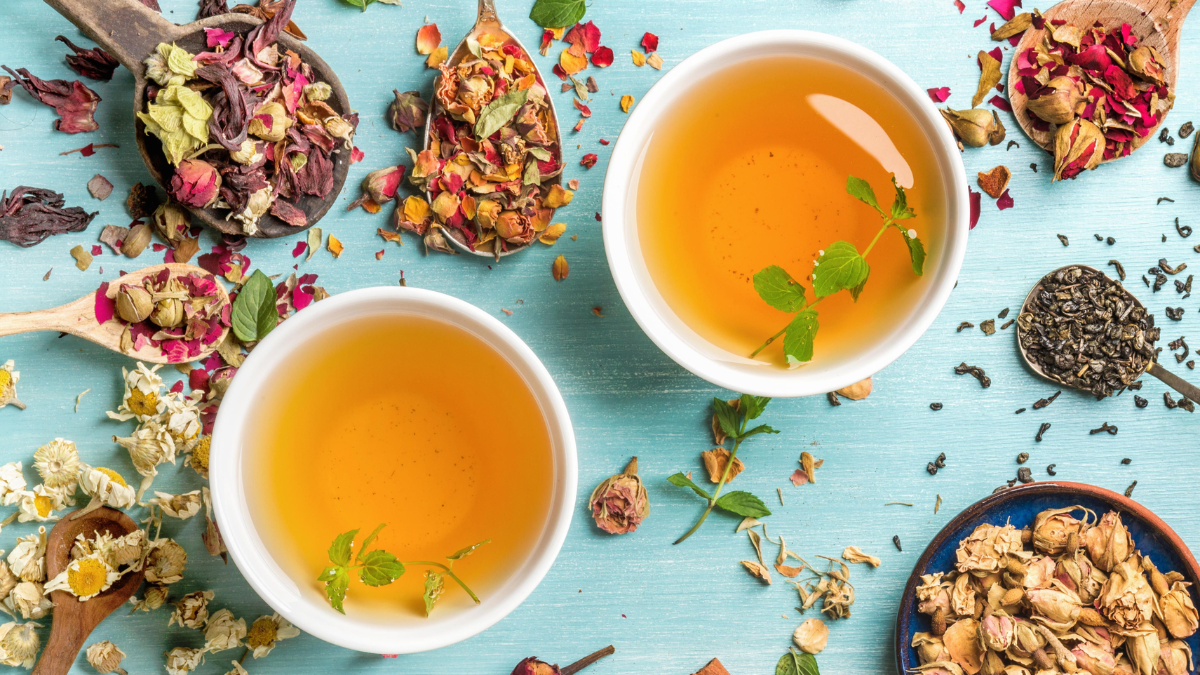
Over-Fermented Kombucha
Popular for gut health, kombucha can backfire on your liver if over-fermented or consumed in excess. Studies have shown liver damage patterns similar to alcohol-related hepatitis.
Detox and Slimming Teas: A Risky Cocktail
Often promoted online as wellness miracles, these teas mix multiple potent herbs with little regulation. They’ve been implicated in liver damage, especially when consumed over time.
Bottomline
The next time you reach for a teacup, remember your liver is part of the equation. Go for time-tested, scientifically backed brews in moderation, and steer clear of trendy teas with bold claims and hidden risks. Your liver will thank you.
Also watch this video
How we keep this article up to date:
We work with experts and keep a close eye on the latest in health and wellness. Whenever there is a new research or helpful information, we update our articles with accurate and useful advice.
Current Version